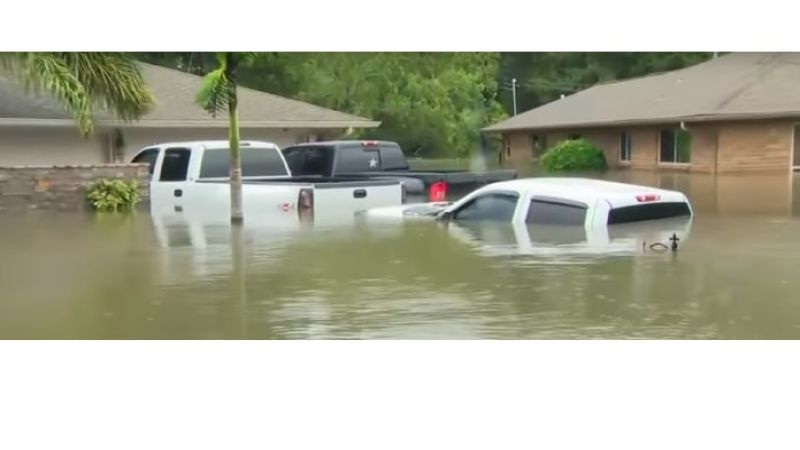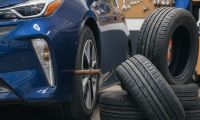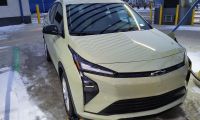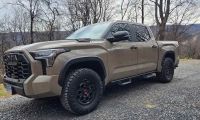Texas is North America's second largest automotive market, behind only California. Hurricane Harvey's deluge has destroyed approximately 500,000 automobiles. For owners, this is just one of many tough challenges to be faced in the years ahead. For the automotive industry, it is an unexpected opportunity to boost sales at a critical time, and look good doing it.
Industry experts from Black Book say that the first automotive segment about to be slammed with customers will be the rental car business. There won't be any work trucks or commercial vehicles to be had. Those are already taken. Behind those will be the residents who need transportation for themselves and their families. There are automakers who proudly proclaim each month that their sales numbers don't include sales to rental car agencies. The implication being that those sales somehow "don't count." Private owner sales are important, but manufacturers with a strong fleet vehicle presence are about to put test drivers in an almost unprecedented number of test vehicles. Ask any reviewer and they will tell you, almost without fail, one's impression of a vehicle they have not actually tried improves after a long-term test drive of a week or more. Automotive information sites, like Torque News and our respected peers, will be a tool many Americans will explore for the first time.
Automakers and national dealership organizations with a strong on-line purchasing presence will benefit next. Local dealers' vehicles are all gone, destroyed by floodwaters, or out of service for months awaiting a "title wash" following refurbishment. A conservative estimate is that over 500 car dealers' inventory has been partially, or completely affected. The only vehicles desperate families in the Gulf region will be able to source will be out of territory cars they buy online sight-unseen. Informative publications like Torque News, BestRide, CarGurus, iSeeCars and others will see increased traffic as owners do deeper research than usual before buying. Reading reviews by professionals will have to substitute for tire kicking and afternoon test drives for those trying to find a new car that suits their needs and tastes.
Black Book also points out that the industry's total sales, a number insiders call SAAR, has been in decline this year. That will turn to a net positive if automakers can fill the coming demand. Those automakers who can produce more quickly will benefit most. Many common models, like the Chevy Colorado, Toyota Tacoma, and every Tesla model are already at full production capacity. Even cars like the Kentucky-built Camry are running close to full production. Global producers like Toyota and GM may be able to bring in models from other locations to help fill the need. Where there is room to add a third shift or Saturday shifts, overtime will be coming to those workers who build our cars and trucks.
The cleanup of Harvey will take years and the economic impacts will be immense. For the auto industry, this is an opportunity to help existing owners and impress new customers. Texas-based Toyota of North America is just one of many automakers who has announced payment relief for affected customers. Toyota also donated $3 million in cash and vehicle donations, as well as employee volunteering time to help the region. Watch for automakers to also offer special discounts and financing support to those in the area in need of a new vehicle.












